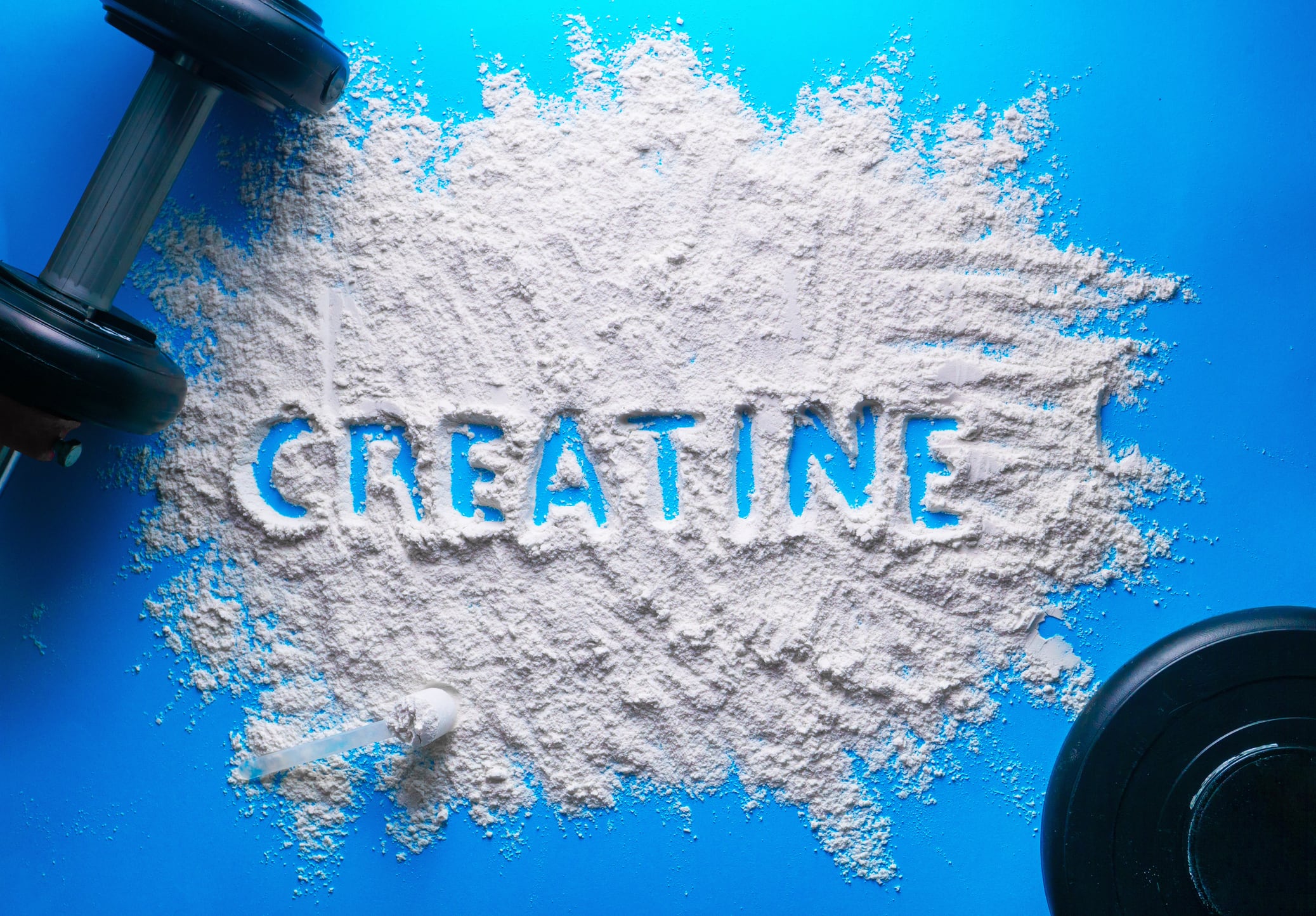Dr. Darren Candow, professor and director of the Aging Muscle and Bone Health Laboratory at the University of Regina, Canada, is a globally recognized creatine expert. At the recent Sports & Active Nutrition Summit in San Diego, he explored the emerging effects of creatine supplementation on bone and brain function.
Speaking with NutraIngredients after his presentation, Dr. Candow noted that there have been about 15 studies globally to date which have shown direct and indirect evidence to suggest creatine may improve bone health in combination with exercise.
“The dose is about eight to about 11 grams of creatine a day,” he said. “Again, in combination with exercise, primarily weight training, [creatine] has been shown in older adults, primarily post-menopausal females and in older males, to decrease the rate of bone mineral density loss in the hip region, also preserve bone strength and reduce a marker of bone breakdown.
“So collectively, it seems to have a bone preservation effect, or an anti-catabolic effect to bone. It’s important to note, though, that there’s been other research suggesting that creatine, without exercise, has no beneficial effects. So, I think the combination of those two therapies can have some improvements over time.”
Despite the science, Dr. Candow said that he has not seen any consumer products making bone health claims.
“[Bone health] is an area that I’m a little surprised,” he said. “I definitely see a lot of labels saying, ‘improves muscle’ or potentially even brain health or cognition, but none have actually come out on bone health benefits, and there’s actually some good randomized control trials to suggest there is the potential there, so I’m sure down the road, that’ll be something to consider.”
Brains, too
Dr. Candow also discussed the science around creatine for brain health, noting that the compound does cross the blood-brain barrier.
“[Creatine] has potential beneficial effects for any type of metabolic stressors,” he noted. “So, for example, sleep deprivation, improving memory, or any type of stress that you feel on a daily basis. The lowest dose is about four to five grams, with the best dosages a lot higher, probably because you need a longer or higher dose to accumulate in the brain.
“But anytime the brain is stressed, jet lag, staying up all night as a student, cramming for a midterm, sleep deprivation, those times, it’s usually where creatine comes to the rescue to help offset some of those affection.”
“We’re sort on the cusp of now looking at [creatine] from a global health perspective,” he added. “It’s not just for athletes getting bigger, stronger, faster. It’s actually having applications for children, adolescents into middle age, and a big push now is in healthy aging, trying to allow individuals to live longer free of disease. And it’s a compound we naturally produce in the liver and brain. We can get it in our diet, but it’s a little difficult to get the dosages that are needed. That’s why creatine supplementation is probably so popular right now.”
Watch the video for the full interview.


